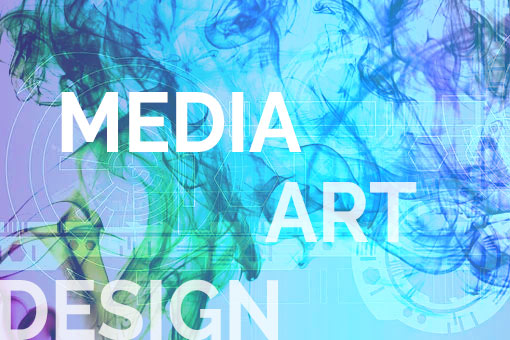Certificate in User Experience (UX) Design

Course Details
- School of Informatics and Creative Arts DKIT
- Nationwide
- Art, Design and Media, Website Design
- € 1900
- CPD, Job Skills and CPD
- 2 semester
Course Description
The aim of the Certificate in User Experience (UX) design course is to give students extensive knowledge, understanding and competencies across a wide range of user experience design principles and practices including: User Experience design theory, creativity, entrepreneurship and innovation, digital visual communication and web design fundamentals.
As part of product design, user experience (UX) designers use creativity and computer skills to create products that provide meaningful and relevant experiences to users. This involves the research and design of the entire user experience of a product, including aspects of user research, user journeys, design thinking techniques, usability, prototyping and branding.
The aim of the Certificate in User Experience design (UXD) course is to provide students with a strong balance of technical knowledge and theory in usability, digital design and branding. The theoretical grounding will complement their practical skill-set, in turn benefiting their overall capabilities as a creative practitioner. The course will provide a solid grounding in researching target audiences, understanding the role of user research and for the creation of UX design across divergent digital mediums. The user experience (UX) design course will also encourage enterprise and the development of entrepreneurial skills, behaviours and attitudes. In addition, students will also be encouraged to consider user experience issues from a variety of cultural and accessibility perspectives.
The course will give students extensive knowledge, understanding and competencies across a wide range of UXD principles and practises including: UXD theory, creativity, entrepreneurship, digital visual communication and web design fundamentals. This one-year, part-time programme is ideal for anyone wanting to switch their current career path to become a UXD professional. It will encourage graduates to become idea-driven UX designers competent in communicating through a variety of mediums. The course is delivered in the evenings and fully online making it possible for students to attend classes from anywhere in Ireland.
By the end of the course, students will be equipped to find employment in the following broad categories: User Experience (UX) Designer, Product Designer, Digital Designer, Graphic Designer or Web Designer. Participants will acquire skills in industry standard software for UX, Design and apply various human computer principles to develop an online portfolio.
For further information contact [email protected]
Module Titles
Digital Visual Communication
This module will give students an interdisciplinary understanding of communication, design, and illustration at tertiary level. This general introduction enables students to experience and broaden their comprehension of each discipline area through a series of practical workshops.
UX Web Design Fundamentals
This module will equip students with the visual design and HCI skills to create a user-centred website. Students will also acquire the skills to setup, design and user test a website using a content management system connected to a database.
User Experience (UX) Concepts
This module develops a greater practical understanding of an industry standard user experience design package. They will show an understanding of various human computer interaction principles and user experience theory for information design and architecture.
UX Front-End Development for Web
This module provides a platform for learning popular UX/UI, interface design and responsive design techniques. It also allows students to apply programming principles into their websites to enhance the user experience. In addition, the module provides an opportunity for students to research into emerging trends and learn about current best practices in the UX/UI/Web design industry.
Entrepreneurship for Digital Industries
This module will give students the understanding of key concepts of entrepreneurship and the practice of entrepreneurship in the creative Industries. Students will follow a design thinking process (problem-solving, ideation, testing) and business strategies (to market and commercialise) for new venture creation.
Work placement for Digital Industries
This module will allow students to gain practical experience in a supported and professional environment of an appropriate work field. The placement is an opportunity for students to apply theory to practice, develop their professionalism and to engage in a process of self-awareness and reflective practice under the supervision of a dedicated work supervisor.

